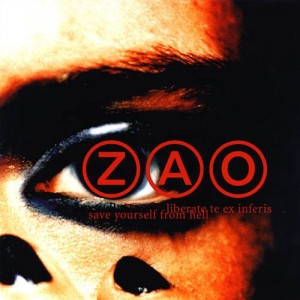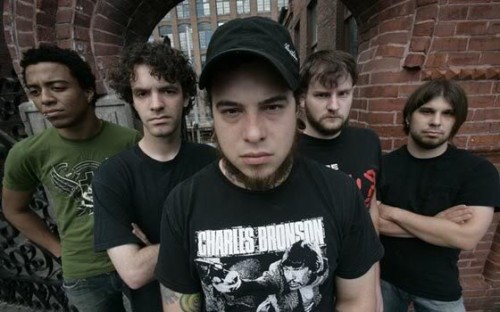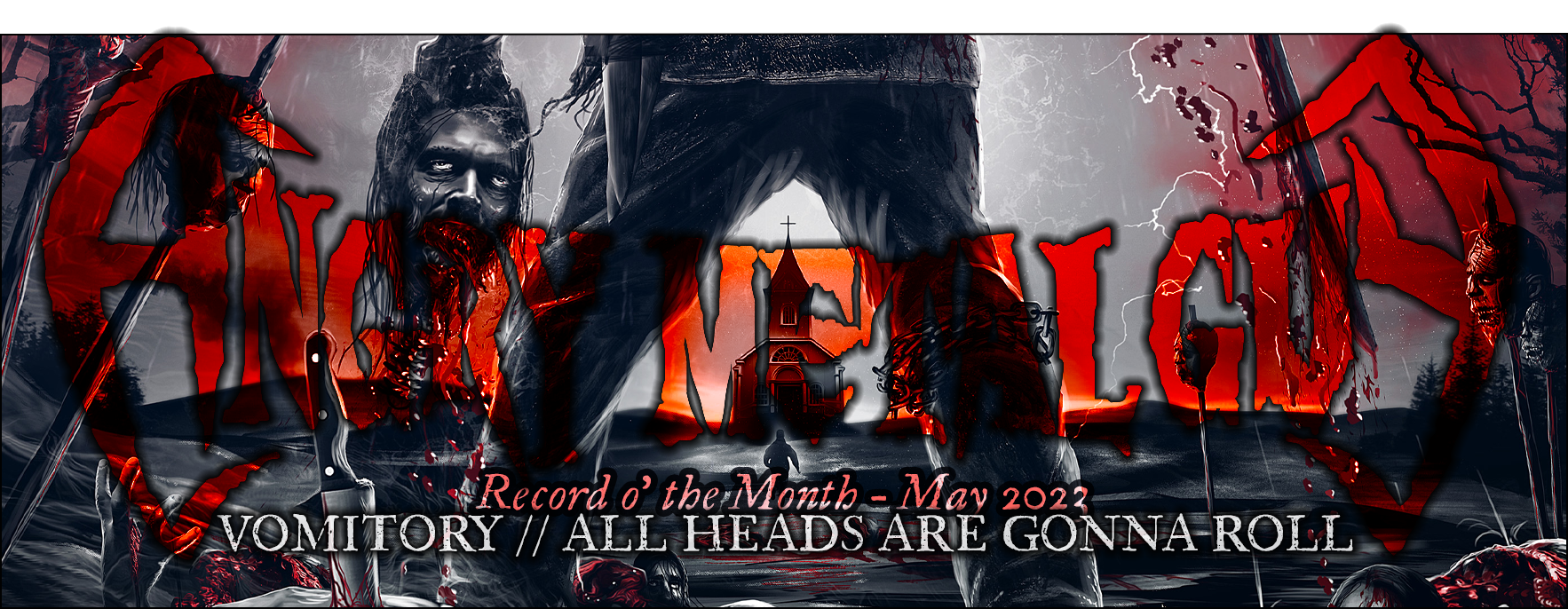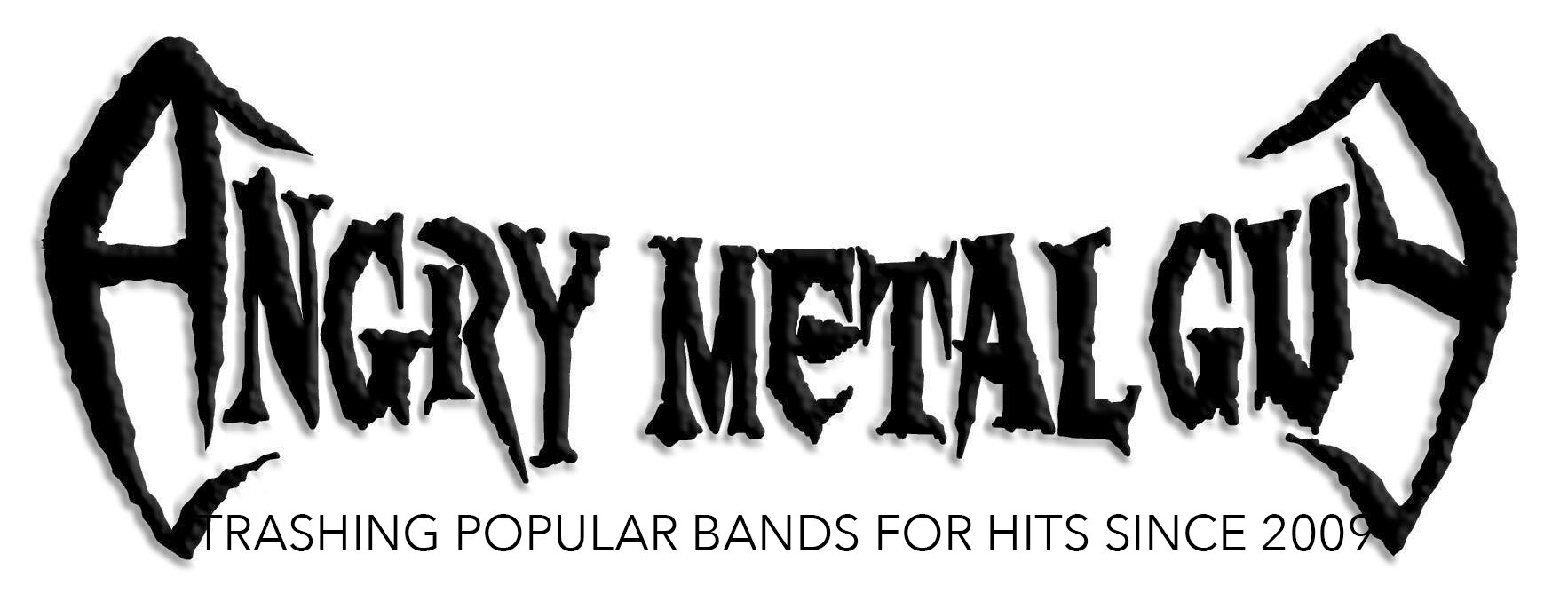Release Year: 1999
Label: Solid State/Tooth & Nail
 I realize that my covering this album will be a little controversial for some readers out there. Yes, the cover is a close-up of a dude’s heavily made-up eyeball, accentuated by black fingernail-polished hands. And yes, it’s metalcore. Not only is it metalcore, but it’s metalcore written by five Christian guys. A couple of reasons this album was picked because: a) it’s December and it’s almost Christmas, and b) regardless of your faith, Zao’s fourth full-length, Liberate Te Ex Inferis (loosely translated from Latin as “Save yourself from Hell”) is a prime example of metalcore done right, and still remains as one of my favorite albums of the 90s.
I realize that my covering this album will be a little controversial for some readers out there. Yes, the cover is a close-up of a dude’s heavily made-up eyeball, accentuated by black fingernail-polished hands. And yes, it’s metalcore. Not only is it metalcore, but it’s metalcore written by five Christian guys. A couple of reasons this album was picked because: a) it’s December and it’s almost Christmas, and b) regardless of your faith, Zao’s fourth full-length, Liberate Te Ex Inferis (loosely translated from Latin as “Save yourself from Hell”) is a prime example of metalcore done right, and still remains as one of my favorite albums of the 90s.
“Hell is only a word. Reality is much, much worse…”
Just as the change from 1997’s The Splinter Shards the Birth of Separation (which was essentially Earth Crisis with thrown Bibles) to 1998’s thankfully non-preachy-but-incredibly-personal Where Blood and Fire Bring Rest was huge; so was the leap from Where Blood to Liberate. Smith (who also bedazzles the front cover) and vocalist Daniel Weyandt openly admitted in interviews to being heavily influenced by Neurosis’s powerful Through Silver in Blood, and man, does it show. The slow burn of the intro, punctuated by the above quote from the sci-fi cult-classic, Event Horizon, bleeds right into “Savannah,” containing one of Smith’s best drum fills, frantic guitar interplay from Scott Mellinger and Russ Cogdell, and some of Weyandt’s most caustic vocal performances, sounding like a possessed version of Jeff Walker (Carcass) throughout the entirety of this song and album.

Speaking of Weyandt, Liberate cemented him as not only one of the most visceral vocalists in all of metalcore, but also easily one of the best lyricists out there. While Liberate’s album art was loosely based on Dante’s Inferno (Solid State’s decision, not the band’s), the songs themselves ran the gamut of dark, personal themes. From panic attacks (“The Ghost Psalm”), to being kicked out of church for “not being Christian enough” (“Skin Like Winter”), to the tragic tale of a porn star who committed suicide after being horribly disfigured in a car crash (“Savannah”), Weyandt had a way with his lyrics which are often very raw and open. Nowhere is this more evident than on album centerpiece “If These Scars Could Speak,” which recalls a friend who was raped by a highly regarded member of the church she and the band were attending (“Cradled by a cold floor/Isolation shows his true motivation/Her petals are slowly torn away/Scarlet adorns the snow”). Between the build-up of the acoustic guitar, Smith’s primal fills, and Weyandt venomously spitting the lyrics out, this song remains one of Zao’s bright spots, and also evidences their influence on today’s modern crop of hardcore and metal bands.
Although Zao’s catalog fluctuates in both style and quality, Liberate is widely regarded as their best album by fans (myself included) and musicians, Christian or not. When people bemoan how trendy and emo metalcore was (and frankly, still is), I direct them to Liberate, which is both good and original. To this day, it remains one of my all-time favorite albums, and I’m a staunch Atheist. If you pass Liberate by, you’re missing out on one of the best albums of the 90s.


















